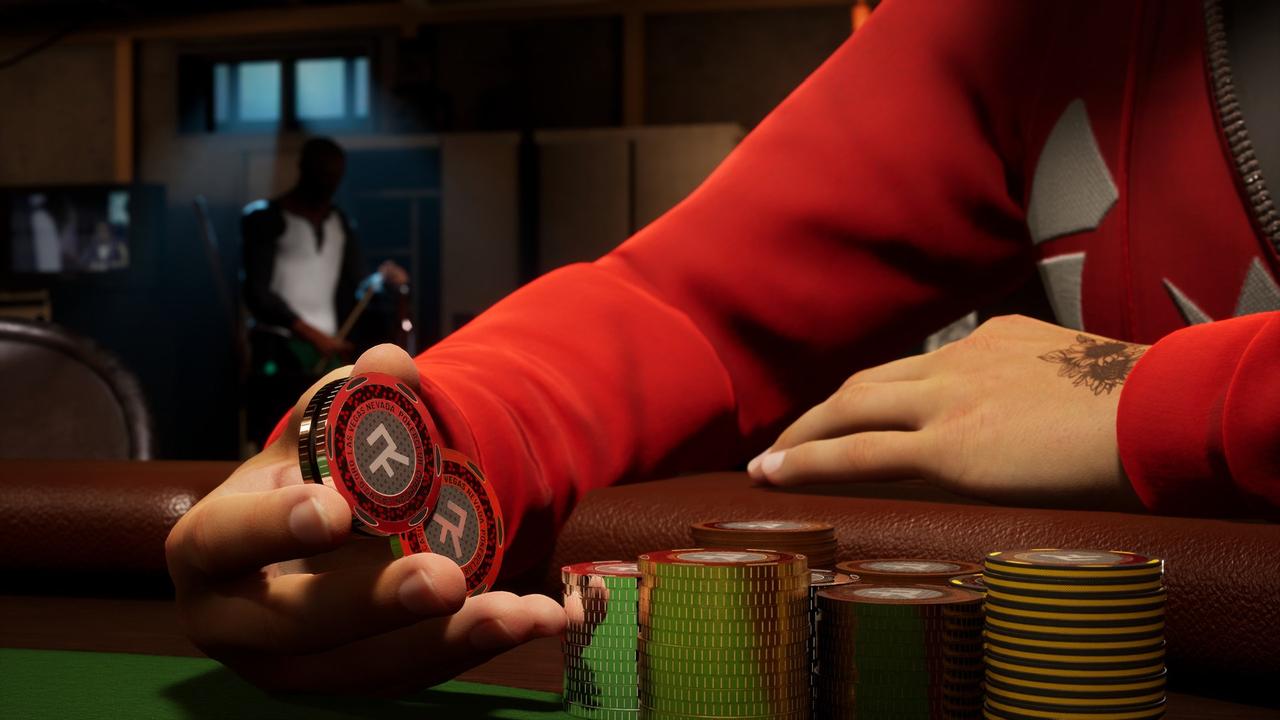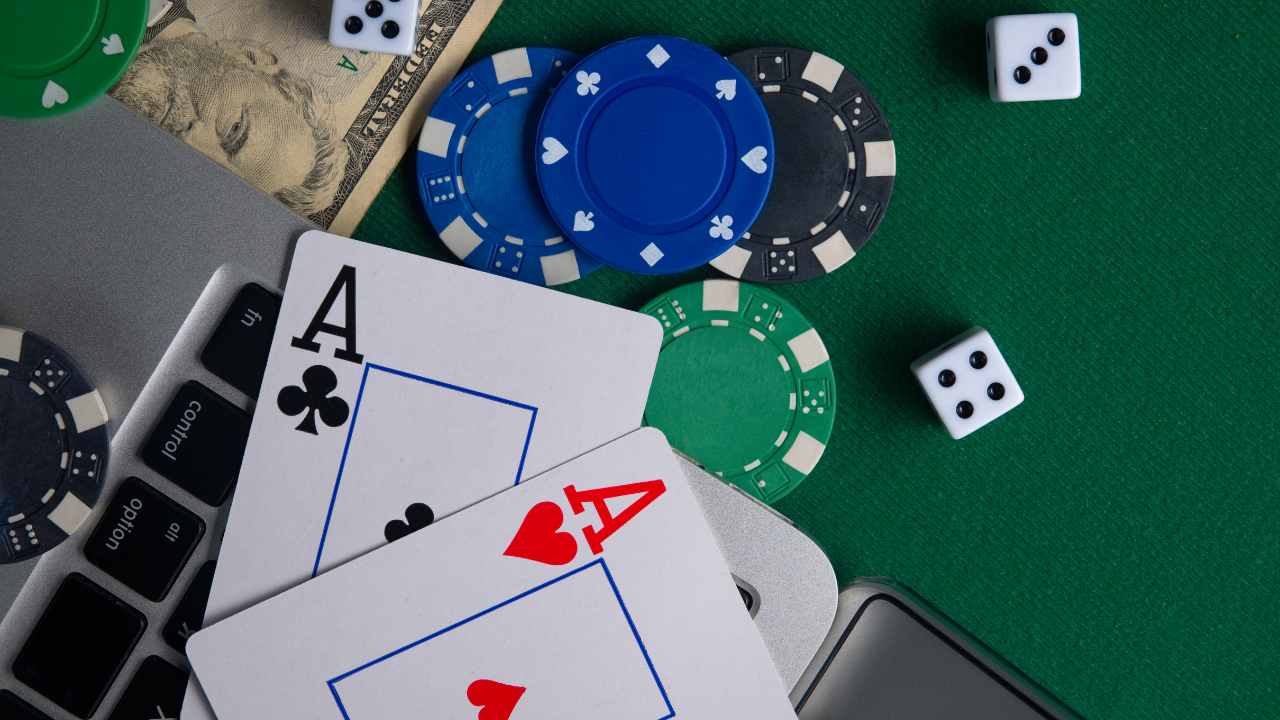Crushing Paired Flop Scenarios: A Poker Pro's Playbook
So, you know when you hit the tables, and you see those paired flops poppin' up like every other hand? Yeah, I always thought they were pretty common, and turns out they show up in like 17% of the hands. Crazy, right? But listen up, 'cause I've got some tips that'll turn those flops into a goldmine for you.
Tip #1: When to Go All-In with Your C-Bets In Position
Alright, check this out—there're some paired boards where you wanna get all feisty and start c-betting like it's your job when you're the pre-flop aggressor.
Ever wondered what kind of paired textures make the in-position player grin from ear to ear? I'll give you a sec... Got it? Yeah, you got it—the ones where a Broadway card makes the pair. Here's a couple of those beauties:
When you see this kinda board, the pre-flop aggressor's got this sick advantage 'cause they're holding more of those hefty Broadway combos like AK, AQ, KQ, and so on. The opponent without position often has to 3-bet a bunch of these pre-flop, visit the following site.
So, when you're sitting pretty in-position as the pre-flop aggressor, you're golden to c-bet your entire range 'cause you're rocking that spectral advantage.
Tip #2: Sometimes, Just Hold Up with Those C-Bets, Will Ya?
If those paired Broadway cards are like a gift to the in-position pre-flop aggressor, then you've probably guessed that the middle and low cards are more up the alley of the pre-flop caller's range.
Although the in-position player keeps their spectral edge, the nuts advantage? That swings over to the other guy. And man, the gap in nuts distribution gets wider as those paired cards drop in rank .
When this happens, the no-position defender starts turning into a check-raise maniac. By doing this, they corner the in-position player into checking back with a bunch of hands that can't face a check-raise—they're much better off checking and playing their equity, you know?
The hands that really get hammered by a check-raise—and are super keen on a check-back—are the low and medium Ax, and the top dog Kx hands like KQ and KJ. These hands have some decent showdown value and aren't ditching a ton of equity, nor are they raking in loads by betting. That's why it pays to check often with them.
Tip #3: Get Wild with Those Check-Raises as the Pre-Flop Caller
As I pointed out earlier, when you're facing heat from the pre-flop raiser on paired boards, playing defense isn't about just calling a ton. If you let the in-position player run the show, they're gonna cash in on their equity while yours goes down the drain.
The lower the pair on the board, the more you wanna get busy with those check-raises, 'cause your nuts advantage is through the roof. Your raising range should be linear, not polarized—packed with a bunch of those so-so strength hands. So, any hand you reckon is good enough to call with , you'll wanna think about raising with it sometimes, too.
What you gotta chew on in these spots is how vulnerable your hand is. The more at risk, the more you should be firing those check-raises to shield your equity.

Take this play for example: let's say you're defending big blind against a button open-raise, and there's a flop like 8♥ 8♦ 4♣, and your opponent c-bets a third of the pot, right? According to PioSolver, you should be calling with 30% of your range and check-raising another 30%. And get this—your check-raising range ain't just trips (like A8), but also those shaky pairs onlinecasinotop.org (like 64s and 55) and bluffs (like 97s).
Skipping on an aggressive defense strategy on these paired textures could end up costing you big time, and nobody wants that, right?
Crush the Tables: Aggressive Continuation Bets on Broadway Boards
Alright, here's the deal—when you're tangled up in a hand and you're out of position, you've gotta keep your guard up, especially against those tight players who like to cold call. It's like walking through a dark alley; you wouldn't just stroll through without watching your back, right?
Now, picture this: the flop drops and bam, there's a paired Broadway card staring you in the face. This is where you flip the script and go on the offensive! Why not fire off a continuation bet with your whole range? It's like having a secret weapon because you're the one with the powerhouse hand advantage on these kinds of boards. You can bet your bottom dollar the pre-flop caller is missing those big guns like AK, AQ, and KQ—they didn't re-raise pre-flop, so you can guess they don't have them.
Here's the kicker: when you've got both the nuts and the range advantage, you've gotta go full throttle with aggression. It's like holding the high ground; you're in control, so take charge and make 'em sweat!
Multi-Way Pots: Check Your Range When Out of Position
Let's talk about the mess that is multi-way pots—it's like a poker minefield. There's no one-size-fits-all strategy because, until recently, poker solvers couldn't help us out with these tricky situations gamblinginsider.
But if we're taking cues from PokerSnowie's playbook, it seems like the smart move is to hunker down and play it super defensive when you're facing off against multiple opponents.
Think about it: when there's a crowd vying for the pot, the odds that someone's packing a monster hand skyrocket. This means your value range is tighter than a drum, leading to a super tight bluffing range, too. When you find yourself in a multi-way pot on a paired board, checking with your whole range can be your best bet to play your equity right.


Positional Play on Paired Boards: Conclusion
Playing on paired boards is a whole different ball game depending on whether you've got the positional upper hand or not. You've gotta make sure to put the heat on your opponent on these tricky textures, whether you're the one who came out swinging pre-flop or if you're the caller .
And hey, don't forget to join our Telegram channel! It's your golden ticket to staying up-to-date with all the poker gossip, getting the lowdown on strategy, and snagging the best deals from poker rooms. Plus, you'll get in on some sweet giveaways and contests—don't miss out!
FECHA: a las 16:06h (810 Lecturas)
TAGS: poker
AUTOR: Delphine Marchand
EN: Internet









